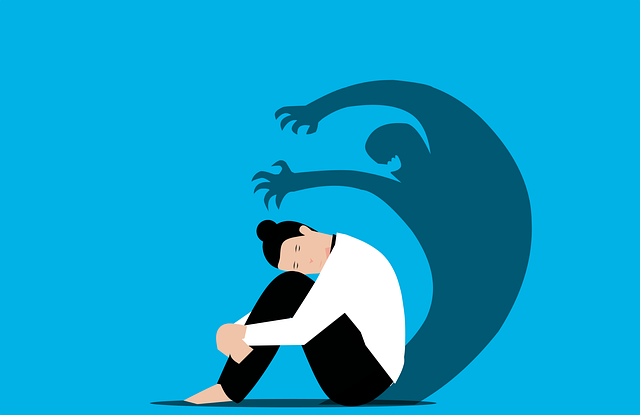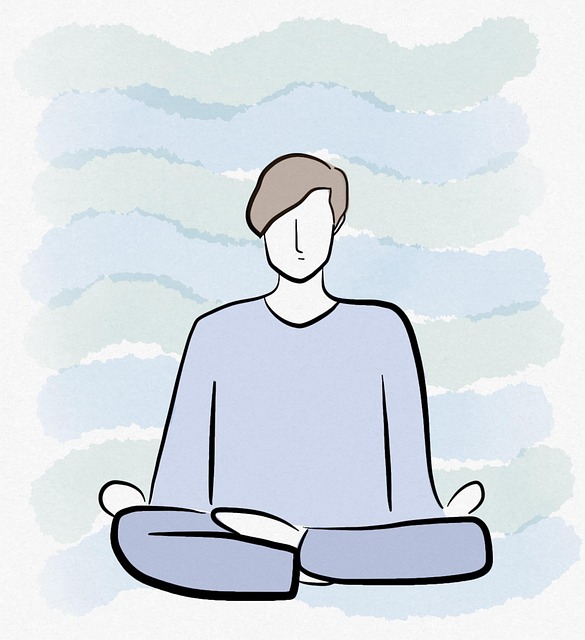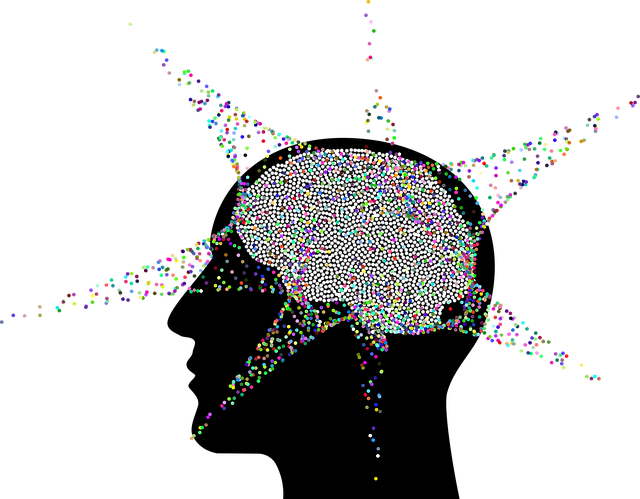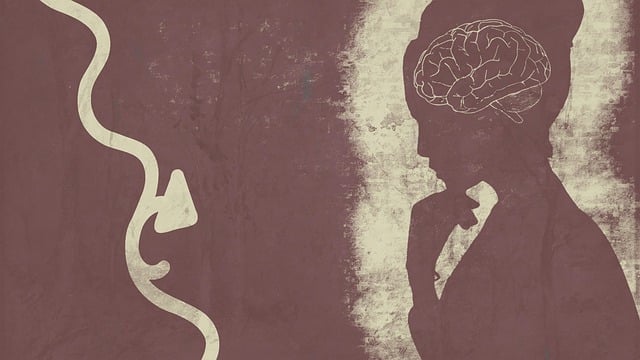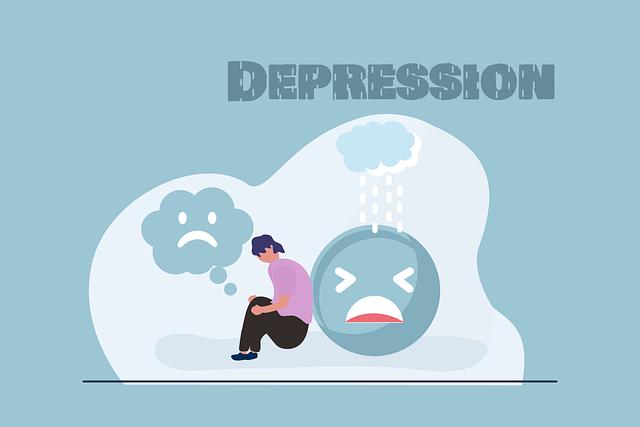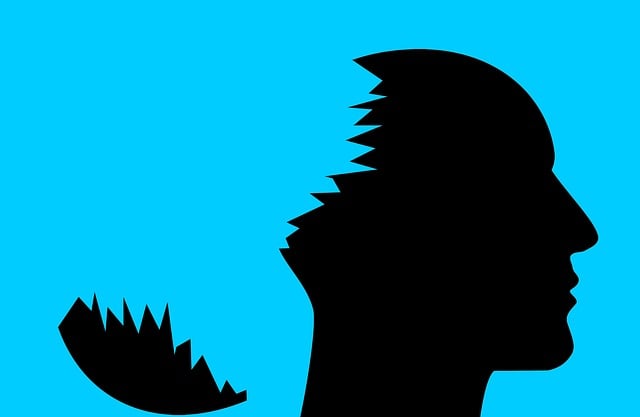Mental wellness self-assessment tools designed specifically for children are vital resources for early mental health detection, including bipolar disorder. These interactive and engaging questionnaires empower kids to understand their emotions, learn coping mechanisms, and take ownership of their well-being. By facilitating prompt identification, therapists can offer targeted treatments like cognitive-behavioral therapy, enhancing depression prevention and overall mental wellness outcomes. A multifaceted approach incorporating play therapy, creative expression, evidence-based therapies, trauma recovery support, and stress reduction methods ensures accurate diagnoses and personalized treatment plans for children managing complex emotions.
Mental wellness self-assessment tools play a pivotal role in early identification and intervention for children. This article explores key components of these tools, focusing on their effectiveness in recognizing subtle signs of mental health issues, particularly bipolar disorder. We delve into the importance of tailored therapy approaches for kids, highlighting innovative assessment methods that empower both children and professionals. By understanding these tools, we can ensure comprehensive evaluations and provide targeted therapy for young minds struggling with bipolar disorder, fostering improved mental wellness outcomes.
- Understanding Mental Wellness Self-Assessment Tools for Children
- Addressing Bipolar Disorder in Young Minds Through Assessment
- Developing Effective Therapy Tools for Comprehensive Evaluation
Understanding Mental Wellness Self-Assessment Tools for Children

Mental wellness self-assessment tools specifically designed for children are crucial resources to foster mental health awareness at an early age. These tools cater to a unique aspect of childhood development, recognizing that young individuals’ emotional and psychological experiences can differ significantly from adults. By implementing child-friendly assessment methods, healthcare providers can effectively detect and address emerging issues such as anxiety, depression, or even bipolar disorder in therapy for children. This proactive approach plays a vital role in burnout prevention strategies for healthcare providers, ensuring they identify potential mental health concerns before they escalate.
These self-assessment tools often incorporate creative elements like interactive questionnaires, visual aids, and engaging activities to capture the attention of young users while encouraging them to express their emotions and thoughts. They are designed to facilitate emotional regulation by teaching children coping mechanisms and helping them understand their feelings. In the context of mental health awareness, these tools empower kids to take ownership of their well-being and communicate openly about any challenges they face.
Addressing Bipolar Disorder in Young Minds Through Assessment

Bipolar disorder, a complex mental health condition characterized by extreme mood swings, can often be overlooked or misdiagnosed in younger individuals due to its variability and co-occurring symptoms with other disorders. This is particularly concerning as early intervention is crucial for effective management and prevention of long-term complications. Thus, developing tailored self-assessment tools becomes imperative to identify bipolar disorder in young minds promptly. These tools can aid in screening and early detection, enabling professionals to provide the appropriate therapy for children with bipolar disorder, such as cognitive-behavioral therapy or medication management.
By incorporating self-care practices and stress management workshops within assessment frameworks, young individuals can be empowered to recognize their emotional states and implement healthy coping strategies. This proactive approach not only supports depression prevention but also fosters overall mental wellness. Tailored interventions can make a significant impact, ensuring that young people with bipolar disorder receive the necessary support to lead balanced and fulfilling lives.
Developing Effective Therapy Tools for Comprehensive Evaluation

Developing effective therapy tools for comprehensive evaluation is a multifaceted process that requires careful consideration of diverse mental health needs. For instance, when designing interventions for children with bipolar disorder, therapists must go beyond standard assessment methods to account for age-specific challenges and developmental stages. Incorporating play therapy or creative expression techniques can facilitate deeper insights into a child’s emotional state, enabling more nuanced diagnoses and tailored treatment plans.
This approach not only enhances the accuracy of evaluations but also fosters a sense of comfort and engagement in young clients. By integrating tools that support trauma recovery, such as evidence-based therapy for children experiencing bipolar disorder, alongside stress reduction methods and techniques to promote positive thinking, therapists can create a holistic framework. This comprehensive evaluation process ultimately enables more effective interventions, better outcomes, and improved mental wellness for children navigating complex emotional landscapes.
Mental wellness self-assessment tools play a pivotal role in early identification and effective therapy for children, particularly those struggling with bipolar disorder. By incorporating comprehensive evaluations into routine check-ups, we can ensure that young minds receive the specialized care they need. Tools developed with input from both experts and children themselves are essential to fostering accurate diagnosis and personalized treatment plans, ultimately enhancing the well-being of our youth. Targeted interventions, such as those tailored for bipolar disorder, offer hope for a brighter and more stable future.

